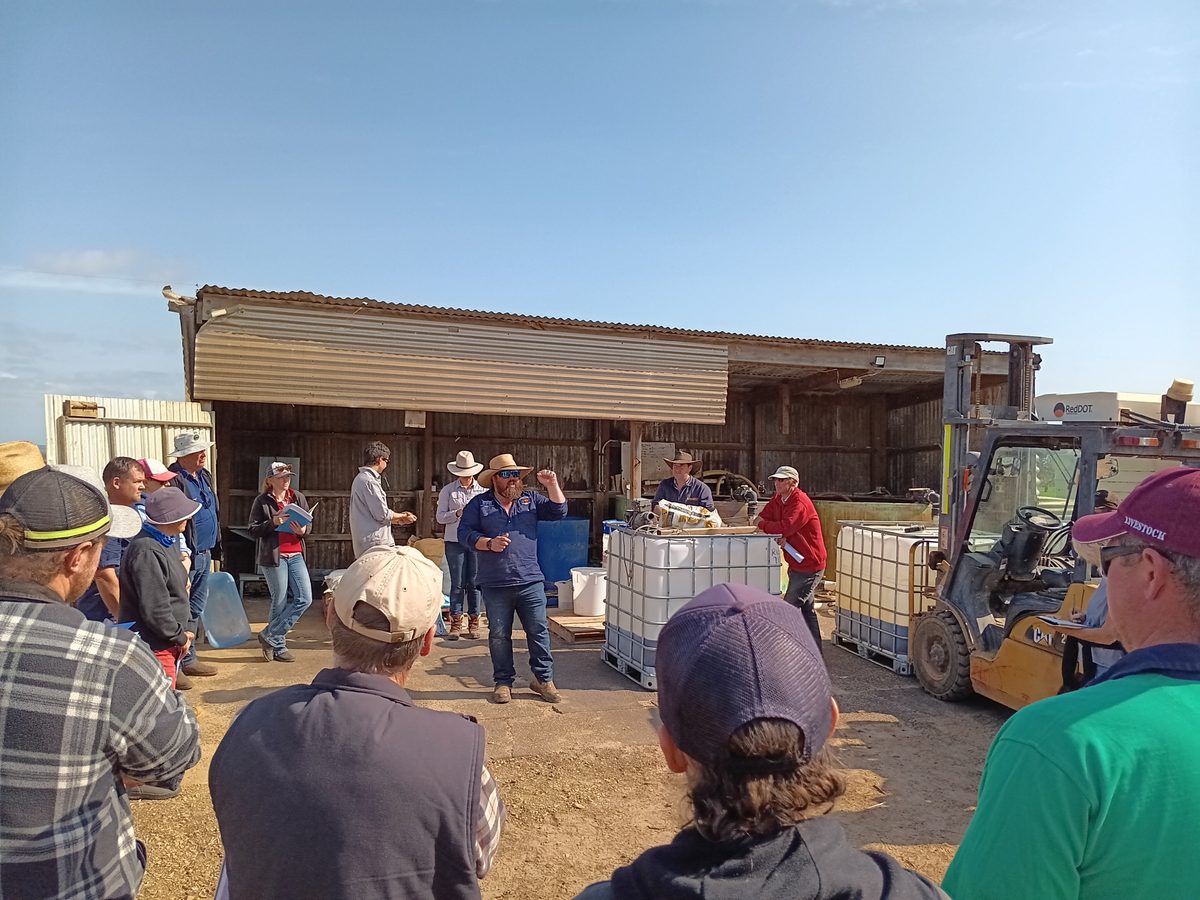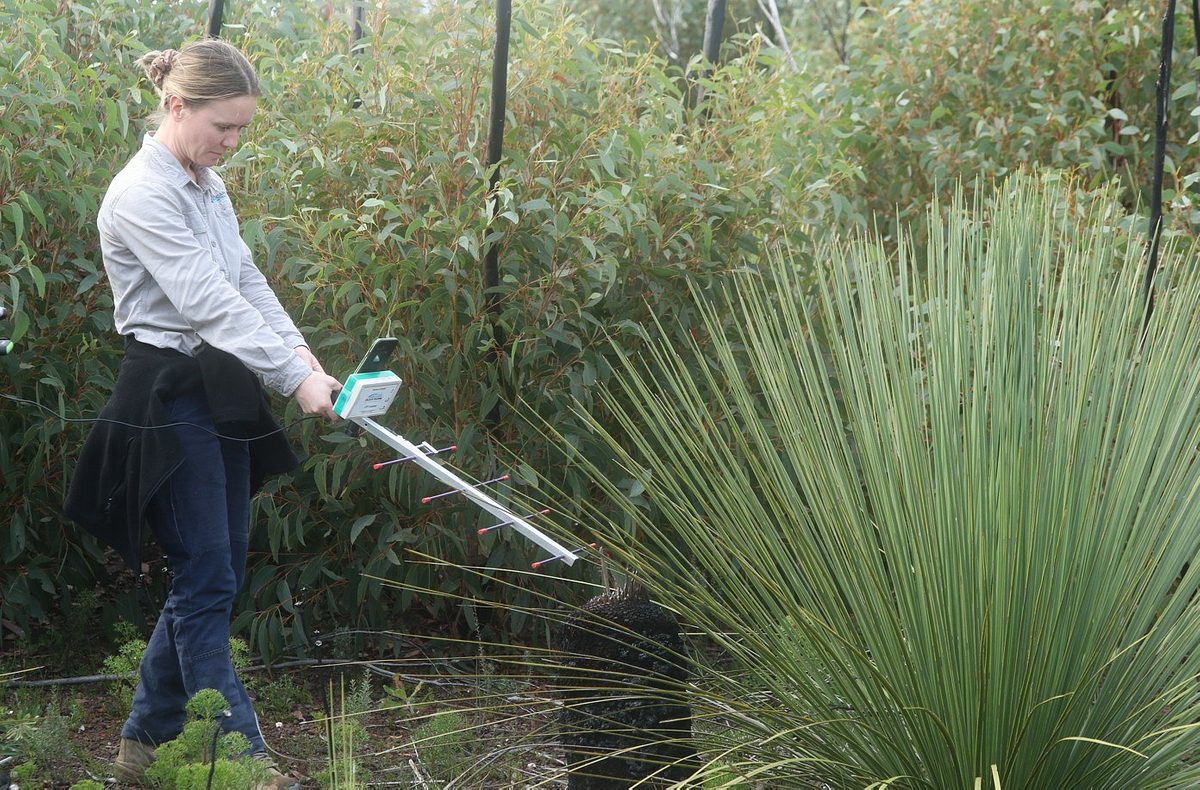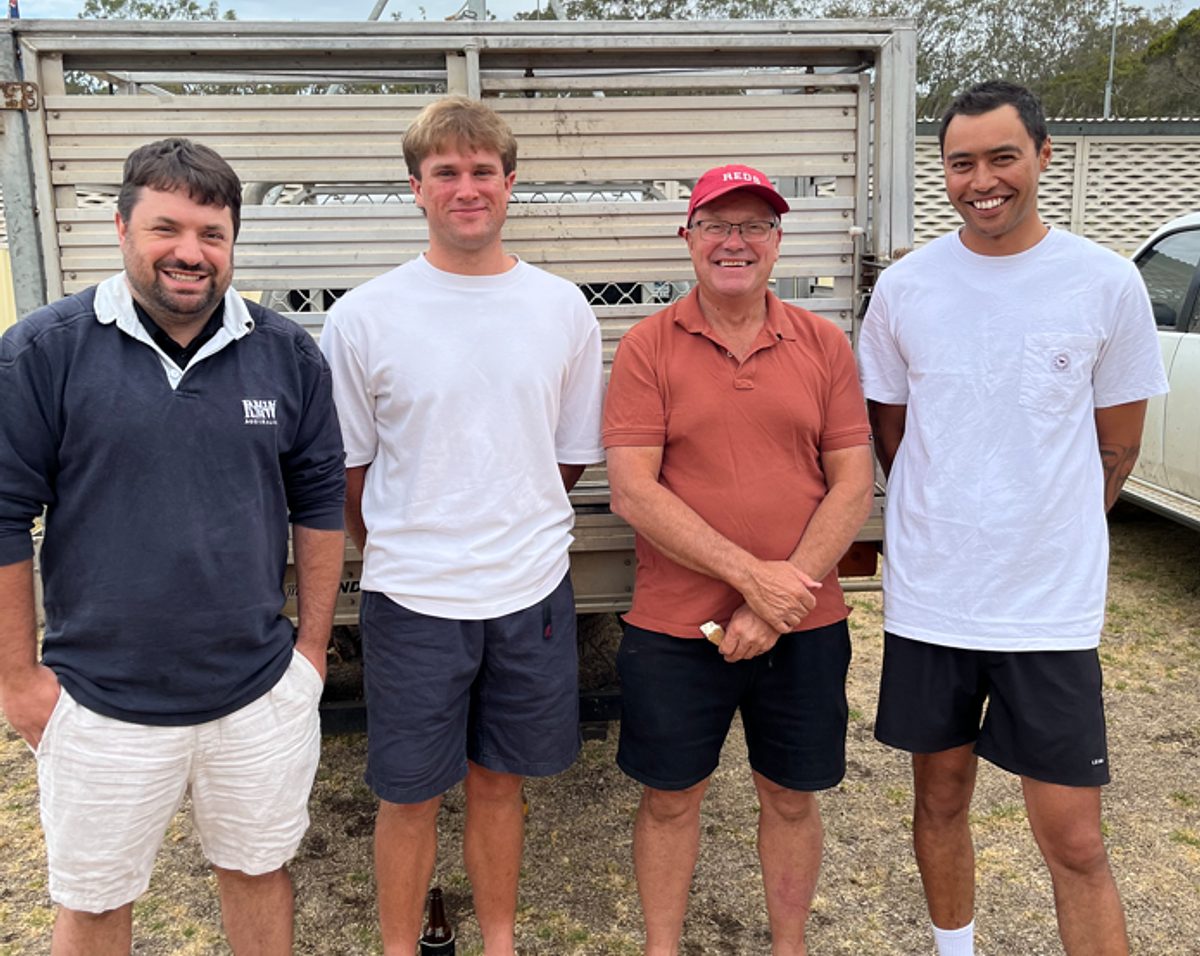Do you have honey, bee equipment or potatoes in your car?
Travellers to Kangaroo Island have recently encountered biosecurity vehicle checks at the Cape Jervis SeaLink ferry terminal.
Staff from Natural Resources Kangaroo Island (NRKI) and PIRSA’s Biosecurity SA have been working together to check if travellers have anything to declare before boarding the ferry.
NRKI Biosecurity Liaison Officer Andrew Triggs said the checks were all about promoting the importance of biosecurity to protect Kangaroo Island from pests and diseases that might have potential to devastate our local environment and agricultural industries.
“We are serious about protecting the bee and potato industries, therefore honey, bee equipment and soiled potatoes or potatoes for planting are not allowed without proper certification, Mr Triggs said.
“Support from the island’s community, industries and visitors is essential for protecting this unique landscape.
Kangaroo Island’s remoteness and isolation has created a special environment, free from many of the pests and diseases found on mainland Australia.
“A thousand travellers, 300 vehicles, 30 campervans and four boats were inspected over two days.
“While the majority of travellers were aware of the requirements, there were a number of items that were surrendered, including 18 containers of honey and three bags of potatoes.
“Almost all Kangaroo Island residents were aware of the biosecurity requirements but a number of overseas visitors, particularly those in campervans, were not.
“Once travellers were advised about the pest- and disease-free status of the bee and potato industries on Kangaroo Island, they were happy to surrender any prohibited items”.
Agriculture Kangaroo Island Chairperson Carly Bussenschutt strongly supports the work that NRKI are doing to check biosecurity compliance and awareness at Cape Jervis.
“It is really important that our agricultural industries are protected from potential pests and diseases and we welcome this initiative,” she said.
Island Beehive owner, member and Past Chairman of the Kangaroo Island Beekeepers’ Association Peter Davis said it was very important to protect the longevity of the oldest bee sanctuary in the world and its disease-free status.
“These checks will help maintain the biosecurity awareness and help safeguard the bee industry on Kangaroo Island, he said.”
To find out more about Kangaroo Island’s pest and disease status, please visit the Natural Resources Kangaroo Island website http://www.landscape.sa.gov.au/ki/home and follow the links to the “Too Good to Spoil” campaign or drop into the Natural Resource Centre at 37 Dauncey Street, Kingscote.



